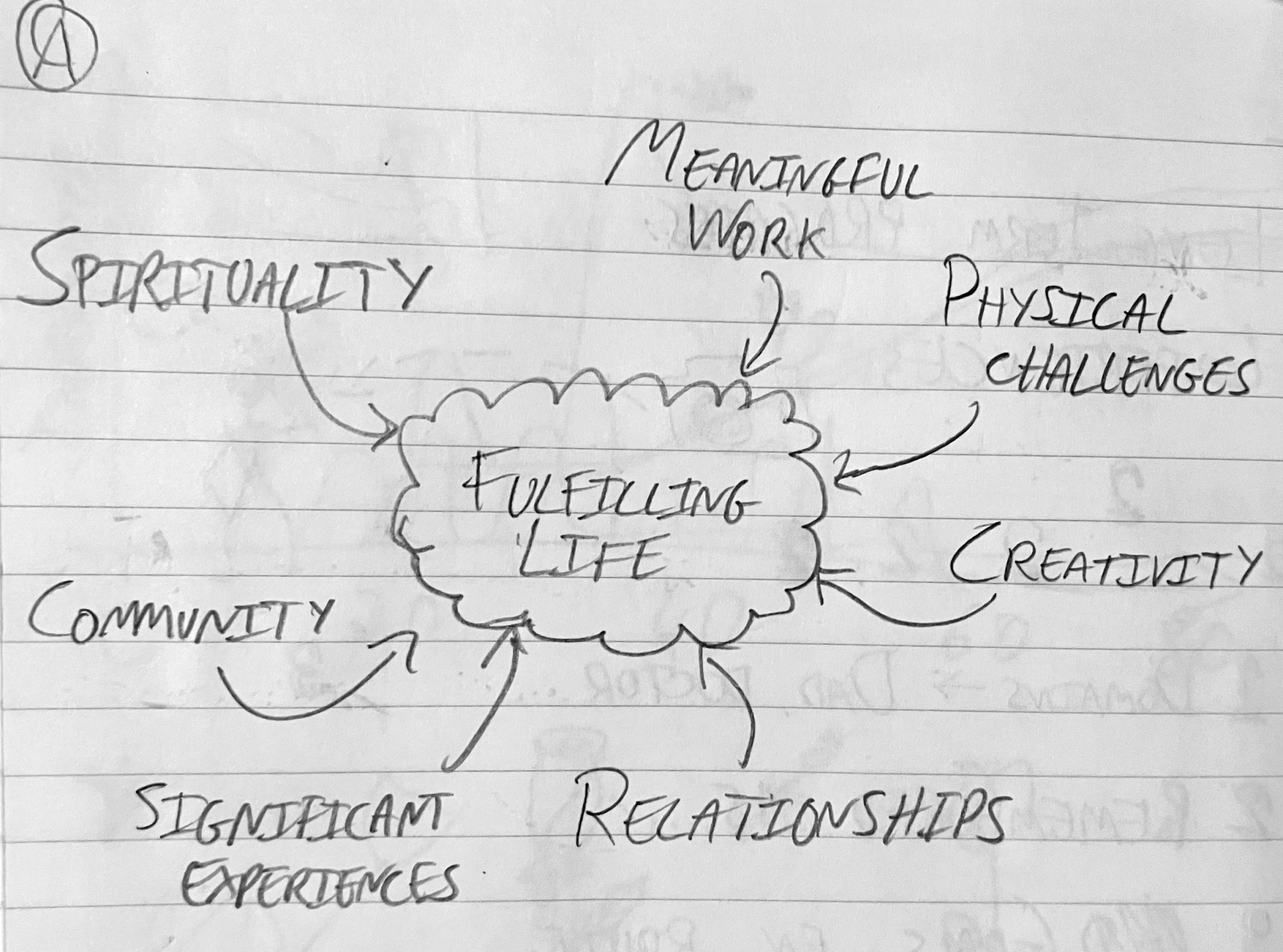One of the most common questions in planning a clinical academic career is whether you will take time to work in blocks, for example, 1-, 3-, or 6-months of dedicated research with very minimal clinical time, or to work on individual days off, for example, Monday to Wednesday, Technical Thursday, Friday for research. Of course, there are many permutations in between.
As with most things in life, there is no clear right answer that will fit everybody. Some comparisons:
- Blocks allow you to gain greater momentum. However, when you have a block of clinical work, it will work in quite the opposite way, with almost no progress on the research front.
- Blocks may be almost the only feasible way to get wet lab science done, for example, if you have animal work or cell culture that needs seeing to essentially every day. (The caveat to this is if you are in a more senior position and have others working with you in the lab who can look after the cells throughout.)
- Occasional, regular days probably allow for greater continuity, with no big gaps of minimal research activity.
- Some people have concerns that during prolonged research blocks you deskill clinically.
Personally, I find that it can take me two or three days to really get into a project. For example, currently, I’m working on a GWAS meta-analysis, and it was only after the third day of exclusively looking at the code that I really felt like I was starting to make progress. With projects like that, it takes me some time to get back into the groove if I stop even for four or five days. When I think back on times when I have made good progress on projects, it is when I’ve focused on a single topic and continued until that paper was completely done.
It takes some planning to make block release work well. There are always periods of downtime in research, usually when applications have been submitted and you are waiting for the outcome, for example, an ethics application, a funding application, or a material transfer agreement. So, if you know that you have a block of research followed by a prolonged block of clinical work, and you are able to time it correctly, then it is possible for those applications to be under review while you’re doing your clinical work, thereby not holding you back from doing the work at the bench during your research time.
Another factor is that I find it is easy to lose days on research. It only takes a few meetings here and there, and suddenly the entire day is gone. All of these meetings are well-intentioned, and you learn something from them. But most of them are meetings that, at least at this stage in my career, I do not have control over. Therefore, if I were to have individual research days, I would either end up having a research day on a day with lots of meetings, staying engaged with the rest of the department but getting less done, or I would have research days without the meetings, not interacting with others in the department as much but getting a bit more done. Clearly, neither is ideal.
I’m currently in a transitional phase, moving from block release to what will likely be individual days of research. I think that, with some additional hands-on help in the lab, day release will become more practical.
However, while I am still the one actually doing the work—whether that is writing the code, extracting the data, or isolating the cells—I think that block release is generally more productive. This tends to be how the majority of ACF and ACL programs (and of course PhD programs) are structured.
Of course, the devil is in the detail. Here, the question is: how long should a research block be? In my opinion, one month is too short to achieve much. In six months, I would have quite high expectations of what could be done, though I would start to worry about losing familiarity with clinical work if you had almost no clinical work alongside. But some of my colleagues feel that after three months, they start to feel detached from the clinical team. So it is, of course, a personal decision. In my opinion, this is where the exact type of research may come into play. For example, if you’re doing wet lab science where it can take a few weeks to get your cell cultures or animal work up and running, then having a one-month block doesn’t make sense. More like three-month blocks would be better. Whereas if you’re doing a more data-driven project, then one or two-month blocks would still be beneficial, as it may take you a few days to get going, but you can certainly get into the swing of things after a week.
Lastly, we don’t always have full control over how things are structured, but in many clinical academic programs, you probably have more flexibility than you think. An open and honest conversation with all relevant senior individuals and a clear justification for the structure of clinical/academic time that you would like can often be accommodated. (At least in my experience, I’ve always found everyone very supportive.)
Whatever structure you end up with, provided that you continue to work hard, consistently think carefully, and take advice, I’m sure you’ll make a major contribution.
Also see:
How I picked my research field [Blog 016]
Clinical-academic careers: PhD decisions [Blog 011]
Why I am researching bile duct diseases
The ripple effect of early choices: Understanding the long-term impact on your career [Blog 012]



